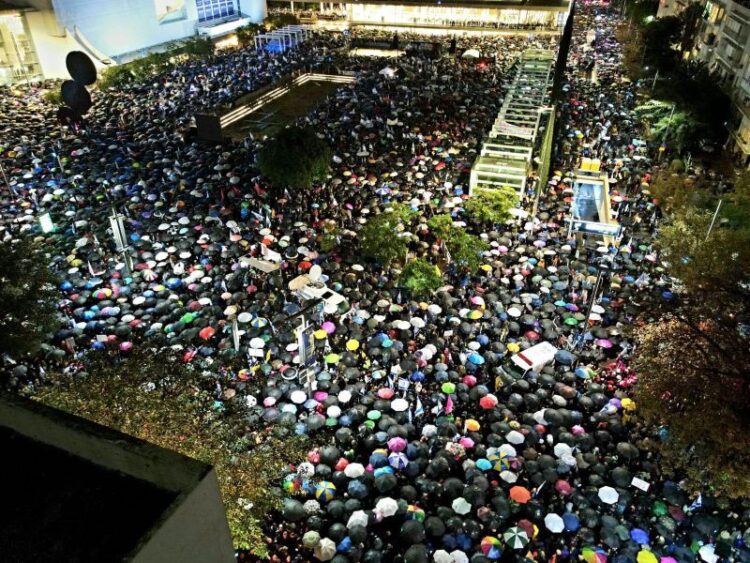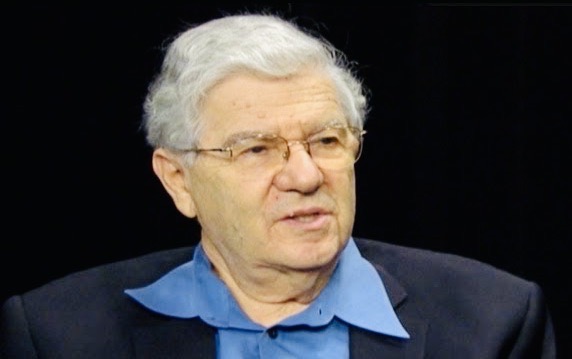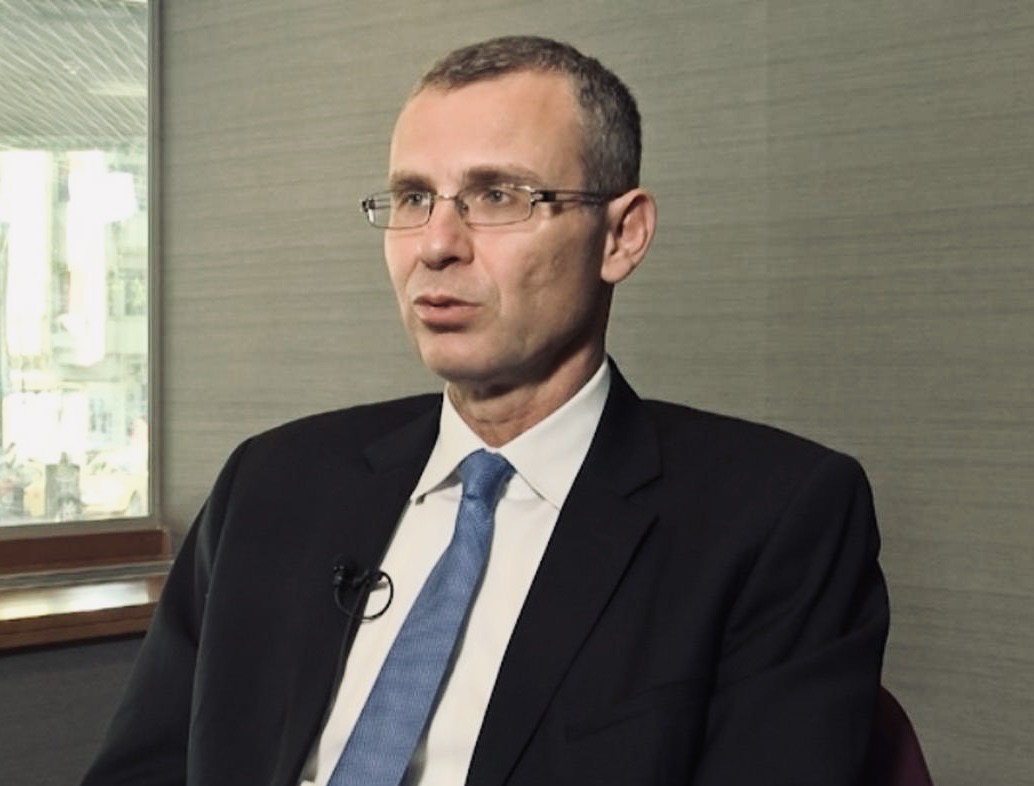Eighty thousand Israelis braved cold winter rain on the night of January 14 to attend a rally in Tel Aviv’s Habima Square to vent their anger and outrage at Prime Minister Benjamin Netanyahu’s controversial proposal to radically overhaul the judicial and legal system.
Still other Israelis staged smaller protests in Jerusalem and Haifa.

Had I lived in Israel, I would have attended one these rallies, which underscore the profound and unbridgeable divisions in Israeli society.
Justice Minister Yariv Levin officially announced his intention to pass this sweeping legislation at a press conference in the Knesset on January 4. Levin, a confidant of Netanyahu, explained that the overhaul would broadly restrict the Supreme Court’s capacity to strike down laws and government decisions by means of an “override” clause.
Claiming his legislation was “long overdue” and designed to limit the influence of an unelected court over an elected parliament, Levin contended it would strengthen democracy, rehabilitate governance, restore faith in the judiciary, and rebalance the three branches of government.
It would also enable Aryeh Deri — a convicted felon who escaped another prison term by vowing never to return to politic — to formally assume his positions as interior and health minister.

In fact, as critics have correctly pointed out, the reforms would damage or destroy the system of checks and balances and neuter the Supreme Court, the only effective brake on government excess, and grant unbridled power to Netanyahu, who formed his sixth government in 26 years late last year.

The reforms Netanyahu has in mind would deal a “fatal” blow to Israel’s future as a liberal democracy, Supreme Court President Esther Hayut warned two days earlier. These seminal changes would undermine judicial independence, give the Knesset free reign to pass legislation that violates basic civil rights, and emasculate the high court’s role as a check on executive power.
“This is a plan to crush the justice system,” she bluntly declared.

Hyatt’s predecessor, Aharon Barak, was just as emphatic, saying on January 6 that the intended changes announced by Levin would drastically limit the authority of the Supreme Court to block legislation enacted by the Knesset and nullify laws passed by the government deemed to be discriminatory and/or undemocratic.
Menachem Mazur, a former Supreme Court justice and attorney-general, conveyed the same troubling message. “I don’t know of anything in the literature of political science that will enable a country with a separation of powers, as delineated by Levin, to be considered a democracy.”
Ironically, Netanyahu himself warned of this danger a decade ago.
Speaking at a ceremony at the residence of Israel’s president, Netanyahu said, “I believe that a strong, independent court allows for the existence of all other institutions in a democracy. I ask that you show me one dictatorship, one undemocratic. society, where a strong independent court system exists. In places with no strong and independent court system, rights cannot be protected.
“In fact, the difference between countries in which rights are only on paper and those in which there are actual rights — that difference is a strong, independent court,” he added in comments that should surely embarrass him today.
Netanyahu, who is currently on trial for corruption, has certainly shifted his position. Indeed, on January 8, he insisted that the reforms will strengthen democracy.

In previous statements, he promised he would not exploit the legislation to derail his trial, where he faces charges of bribery, breach of trust and fraud. But Benny Gantz, an opposition leader and the former defence minister, thinks otherwise. “He’s cooking up what he is really aiming for — an exemption from trial,” he said last week.
Netanyahu’s shameless volte-face is hardly surprising.
The coalition government he formed in the wake of last November’s general election, the fifth in less than four years, is the most right-wing and religiously conservative in Israeli history.
This is not a government that will command the respect or the support of many Israelis or Jews in the Diaspora.
Apart from attempting to weaken the Supreme Court, Netanyahu and company seek to consolidate Israel’s hold over the West Bank, expand the chain of its settlements there, and keep the Palestinians on a tight leash, thereby sabotaging a two-state solution, which already is on life support and has lost the backing of most Palestinian Arabs.
With several of his political partners being religious Zionists and ultra-Orthodox Jews, Netanyahu has promised them a wide range of concessions that will cost Israel’s economy almost $6 billion a year, according to Avigdor Liberman, the former finance minister.
To secular and liberal Jews, Netanyahu’s extravagant promises to an insular community that comprises 13 percent of Israel’s population and contributes very little of value are nothing short of unfair and outrageous.
Netanyahu, for whom power and political survival mean everything, could not care less what his adversaries think. He has attained a majority of seats in parliament, 64 out of 120, and is hell bent on shoving his government’s retrogressive agenda down the throats of his opponents, much to Israel’s detriment.

